In this article
Every cat owner knows the telltale sign of a cat about to produce a hairball. Nothing induces quite a panic as the retching sound as we run around to find where the cat is about to cough up a hairy gift. But have you ever stopped to wonder why cats get hairballs in the first place?
Cats spend up to 50% of their day grooming themselves, and all that fur they wick away with their tongues has to go somewhere. Sure, some of it inevitably winds up in your air and your clothing, but a good portion goes down into your kitty’s tummy. While most fur will move through your kitty’s digestive tract without problem, some will build up in their stomach, destined to become a hairball thrown up on your favorite blanket or expensive rug.
Read on to learn more about cat hairballs, including how to minimize how many your cat produces.

What Is a Hairball?
Hairballs are the by-product of your cat’s good grooming habits. As they clean themselves, they inevitably swallow much of the dead hair that they have removed. This is due to the backward-facing papillae on the surface of their tongue, as it can only propel the hair backward down the throat during grooming sessions.
Most of the hair your kitty swallows during grooming will pass through their digestive tract and be expelled through their feces. However, some will remain in the stomach, eventually accumulating into the wet clump you’ll see your kitty pass.
Fresh hairballs are wet, tubular wads of fur. They can dry quickly if left unnoticed, in which case they have a more feces-like appearance. However, they’re not always tubular. Some can look like a loose conglomeration of fur mixed with food or other fluids.
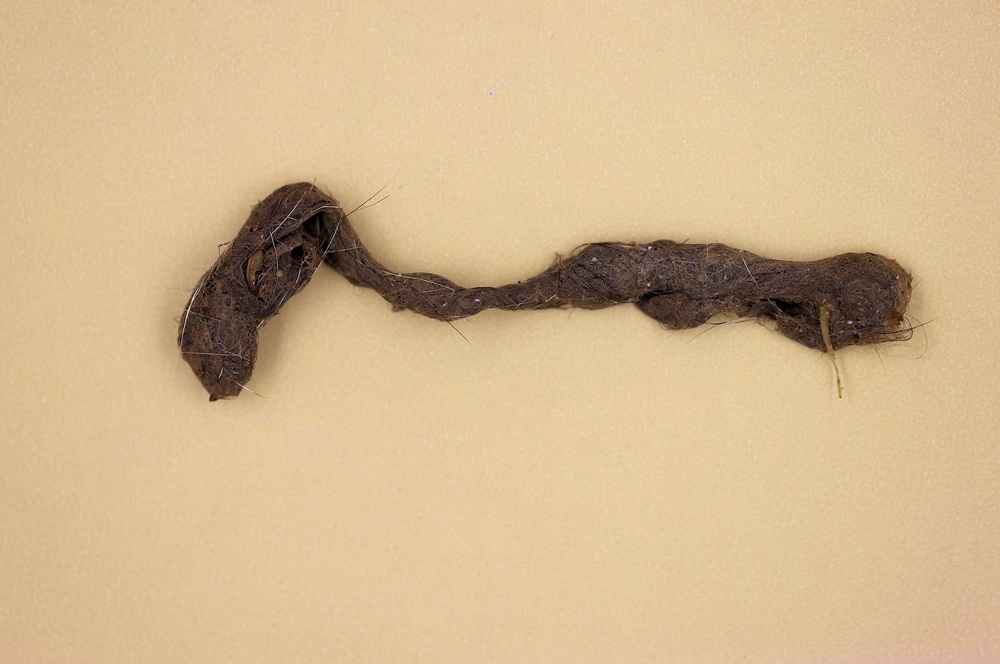
Are Some Cats More Prone to Hairballs?
Some cats are more prone to developing hairballs. Those more likely to develop hairballs can generally be broken down into two categories: cats that ingest more hair than others and those with poor gastrointestinal health.
Over-Ingestion of Fur
Breeds with longer hair, like Ragdolls or Himalayans, are much more likely to develop hairballs than their shorter-haired counterparts.
Cats with certain skin diseases or health conditions that cause excessive grooming, excessive shedding or require additional grooming will also naturally be more apt to develop hairballs.
Hairballs are also more common during spring and autumn, the natural shedding seasons for cats.
Gastrointestinal Issues
Cats with healthy digestive tracts can handle a normal amount of fur passing through. However, those with diseases or conditions that affect their gastrointestinal tract may be unable to process the hair that comes through. GI conditions that can make your kitty more prone to hairballs include:
- Pancreatitis
- Inflammatory bowel disease
- Gastrointestinal lymphoma
- Internal parasites
- Obstructions
- Food allergies

What if My Cat Can’t Throw Up a Hairball?
There’s nothing worse than seeing your cat struggle to throw up the hairball that’s causing him distress. You may notice them crying out or getting restless when they feel they are about to vomit. You’ll also notice the telltale abdomen contractions and hear the retching sounds. They are probably moving around from place to place between each round of contractions. You might even see a little puddle of clear or brown liquid that they have thrown up, but no clear hairball.
If your cat is trying to cough up a hairball several times in a single day but can’t produce it, we recommend calling a veterinarian. They may have a hairball that’s lodged itself, or they may not have a hairball at all but some other underlying health concern that needs addressing.
If your cat’s unproductive retching is accompanied by other signs such as lethargy, coughing, diarrhea, bloat, and a refusal to eat, consult a vet as soon as possible. Rarely hairballs can cause blockages in a cat’s intestinal tract, or it could be a sign of another serious condition. Sometimes hairballs can be confused with other more serious conditions like feline asthma. The vet will need to perform a physical examination, bloodwork, and potentially radiography. If a hairball has caused an intestinal obstruction then surgery may be required.
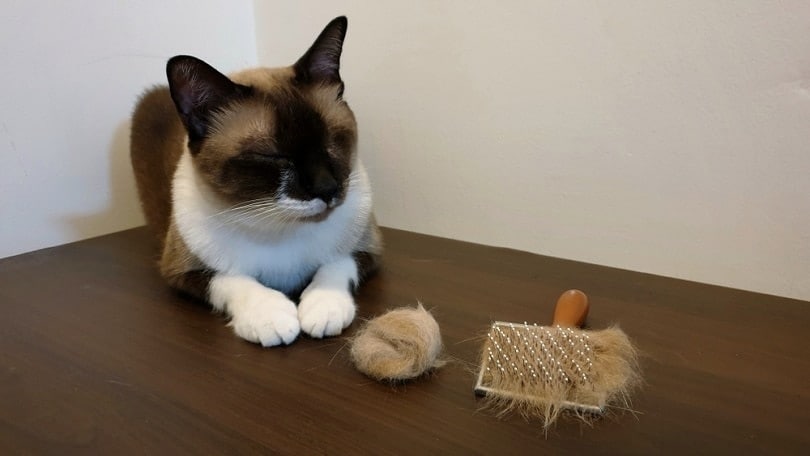

How Can I Reduce My Cat’s Hairball Frequency?
You can do several things to reduce and prevent the development of hairballs and their accompanying complications.
1. Help With Grooming
Though your cat is an awesome self-groomer, they may need your help to keep hairballs at bay. Brush them daily to reduce how much hair they will inevitably ingest while grooming themselves.
You may need to take them to the professional groomer once or twice annually.
2. Discourage Excessive Grooming
Cats can sometimes become obsessed with grooming themselves. They may excessively groom if they’re in pain, itchy, or even feeling anxious. If you notice yours cleaning themselves more than usual, try to distract them during their grooming sessions to prevent excessive fur ingestion. Then, make an appointment with a veterinarian to determine the cause of their excessive grooming.
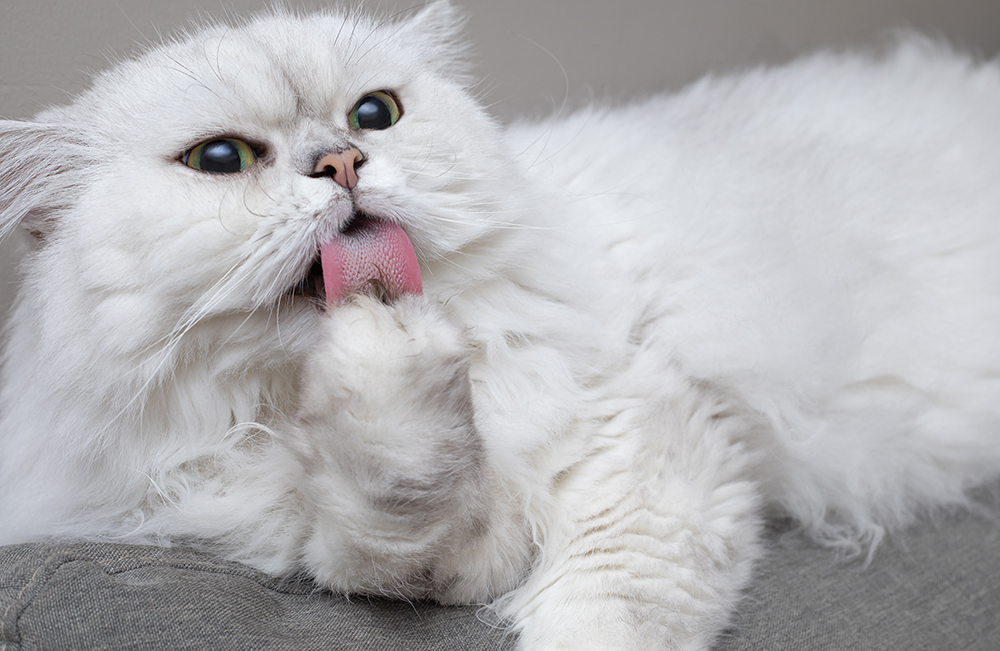
3. Increase Water Intake
Making sure your kitty drinks plenty of water can help the hair pass through their digestive tract without issues. If your kitty is on a predominantly dry food diet, you might consider adding wet food to their diet or switching to a cat water fountain to increase their hydration levels. Most cats prefer drinking from running water versus a bowl of still water, so buying a water fountain can promote better hydration.
4. Use Over-the-Counter Hairball Remedies
Hairball-control gels are available at most stores that sell pet supplies. They act like lubricants, easing the passage of fur through your pet’s digestive tract. You can even find flavored options to make your kitty more apt to eat it.
Some manufacturers make hairball support supplements and treats which are worth trying out as well. A veterinarian can recommend you some suitable options if you consult with them.
Need veterinary advice but can't get to the clinic? Catster recommends PangoVet, our online veterinary service. Talk to a vet online and get the answers and advice you need for your cat without having to leave your living room — all at an affordable price!

5. Change Your Cat’s Food
An easy way to manage hairballs is to switch your kitty to a hairball control food. Many cat food manufacturers have high-fiber recipes designed to reduce how many hairballs your cat will produce. However, we recommend speaking with a vet before switching your kitty to a new food, especially if they are already on special food for another health concern.

Final Thoughts
Hairballs are a normal part of the cat-owning experience. However, if your cat is coughing up more hairballs than usual or appears to be struggling to get rid of one, a visit to the vet should be in order. Hairballs may be normal, but they can pose significant health hazards if they build up to the point that they can cause a blockage.
Featured Image Credit: Joon Rungtipa, Shutterstock
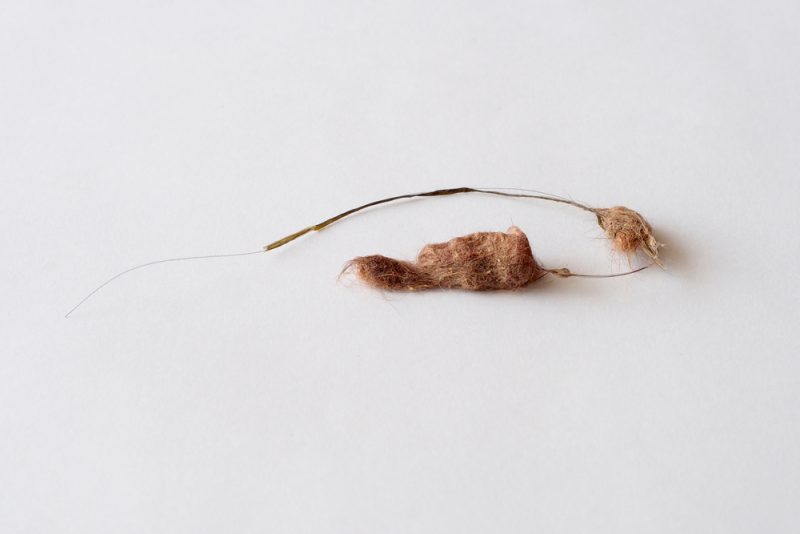

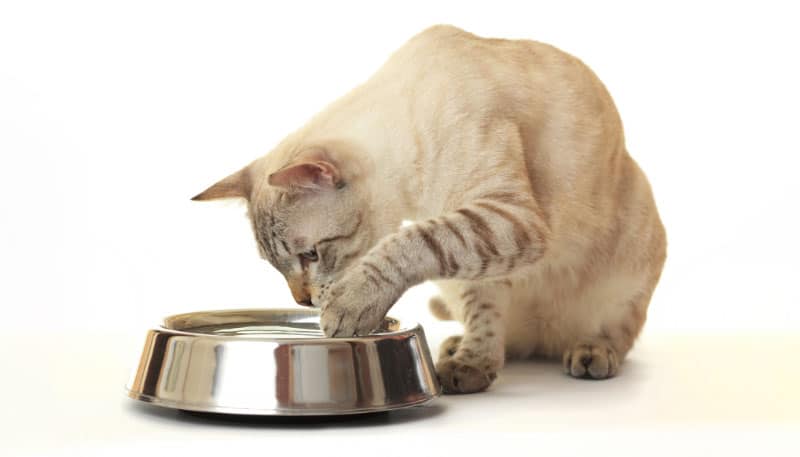
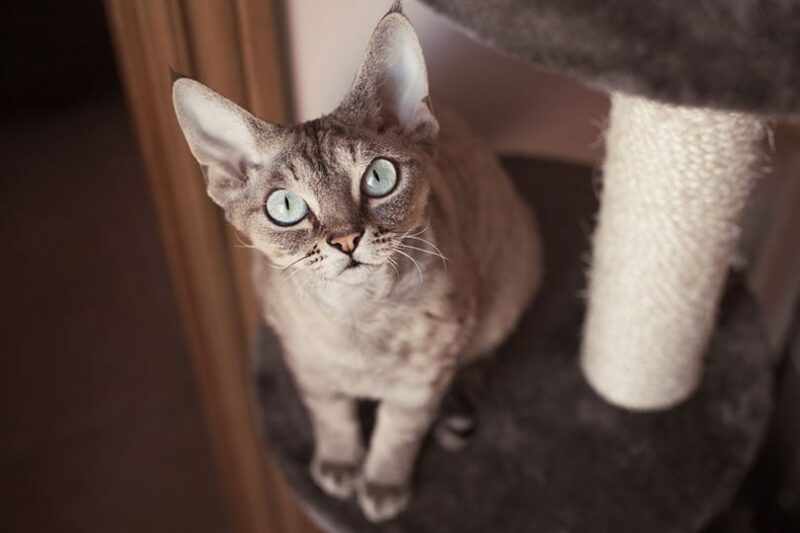
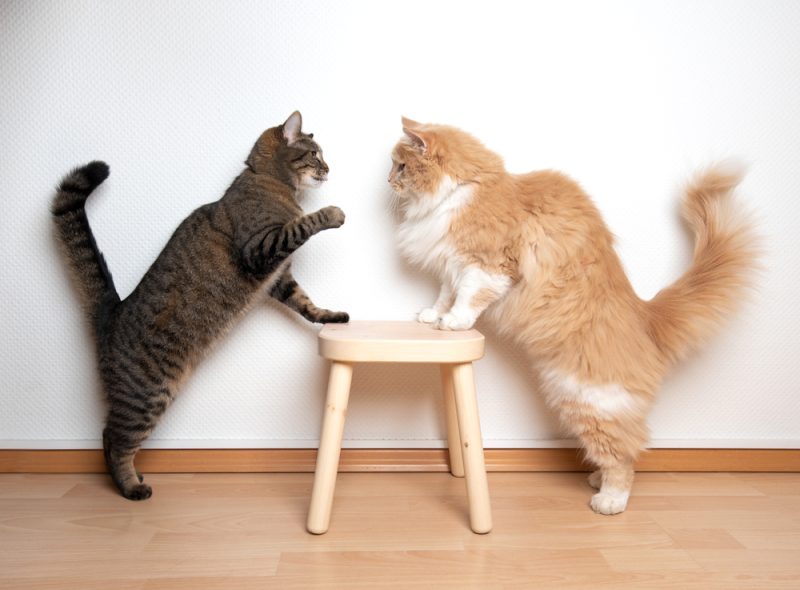

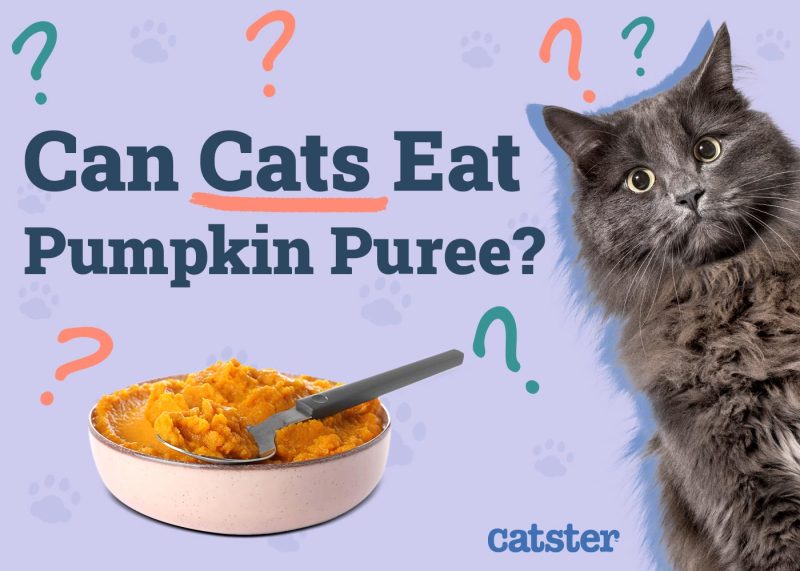

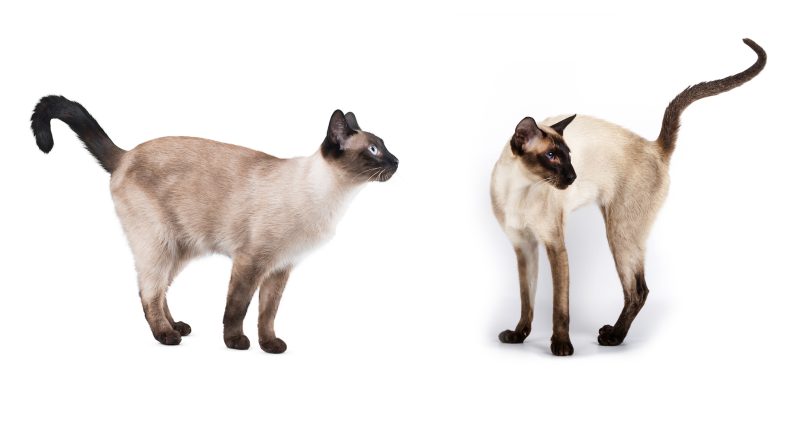

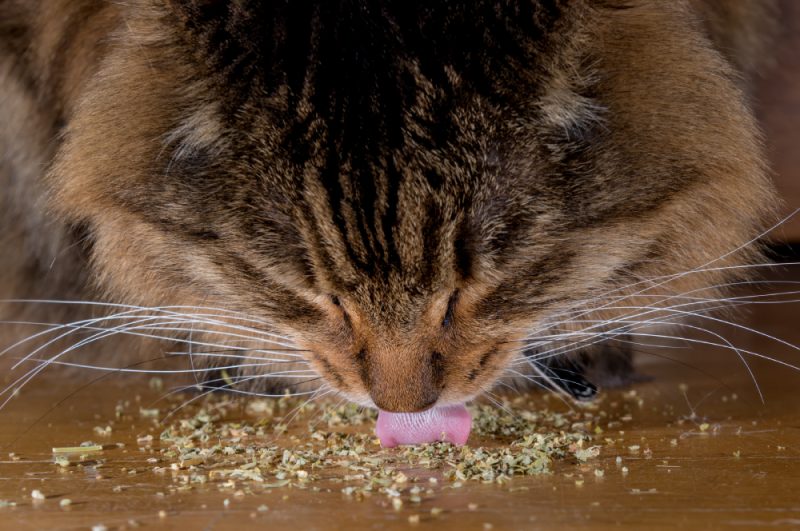

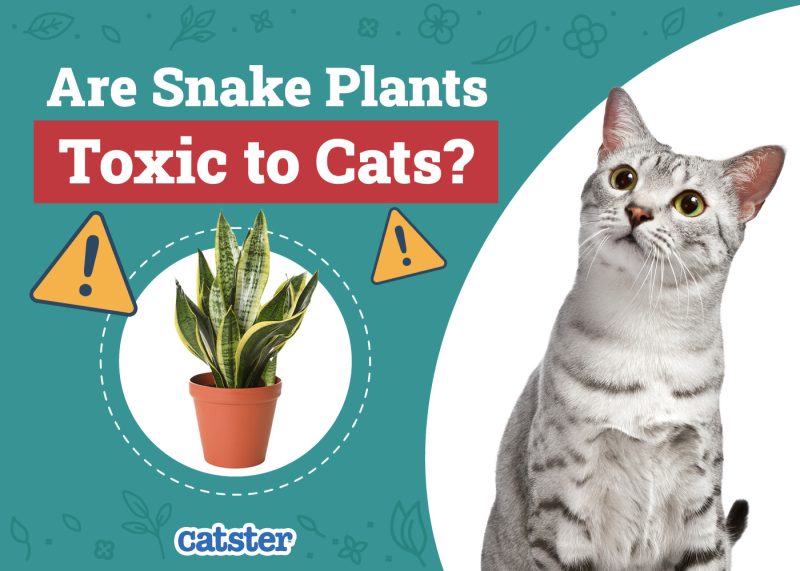

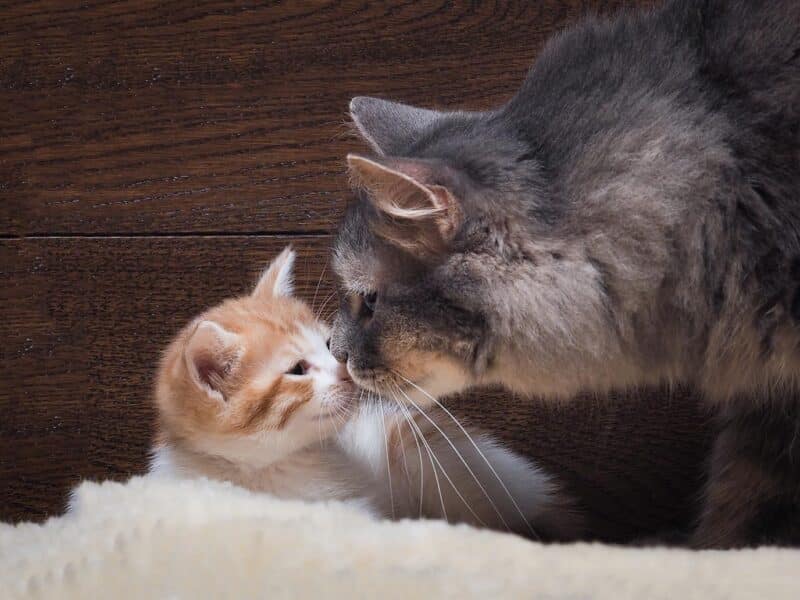
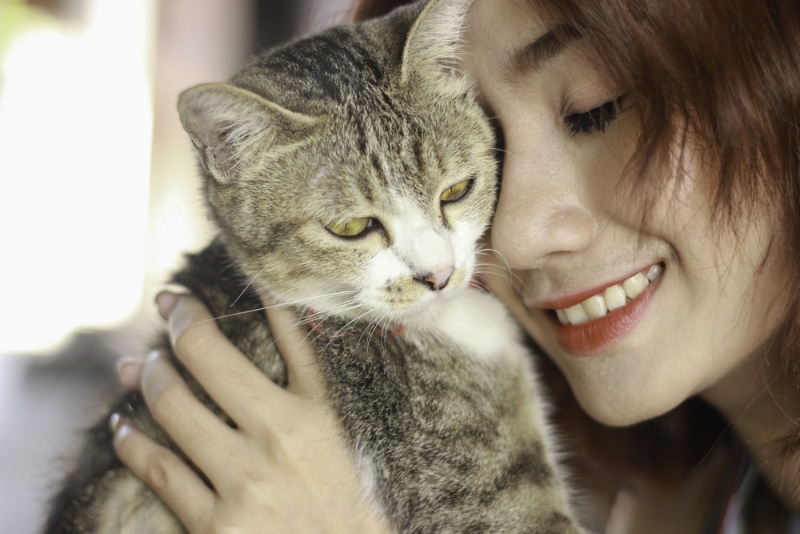
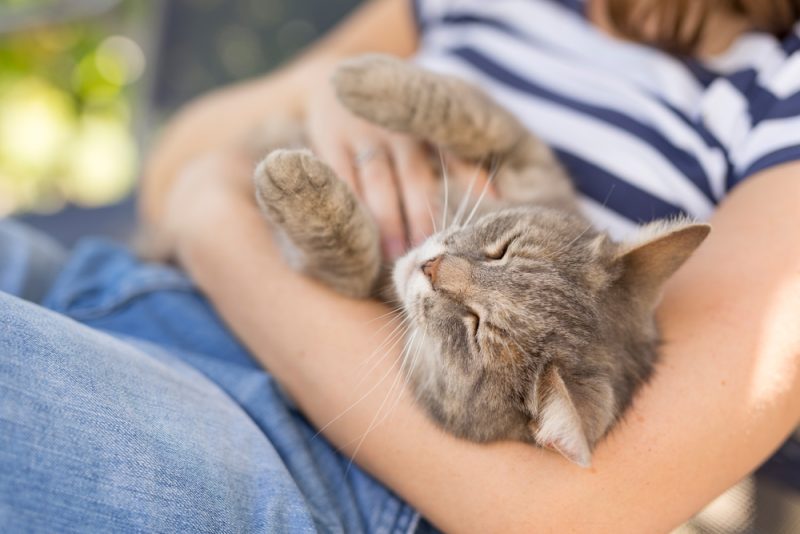




2 Responses
I give my cats about 1/8-tsp of butter (tip of finger) every day as I heard that it helps prevent hairballs. I’ve tried the commercial brands oh hairball prevention ointment but they don’t like any of it.
Is this a safe and effective way to prevent hairballs?
Hi Brian,
Thank you for sharing your approach to managing hairballs! While a small amount of butter might be used by some as a home remedy, it’s important to consider that there could be more effective and safer options.
For more information on natural remedies and to explore other ways to address hairballs, you might find these resources helpful:
– https://www.catster.com/ask-the-vet/natural-home-remedies-for-cat-hairballs/
– https://www.catster.com/cat-health-care/hairballs-now-what/
If you have any concerns about your cats’ health or behavior, we recommend scheduling a consultation with one of our veterinarians at Pangovet.com
We’re here to help!